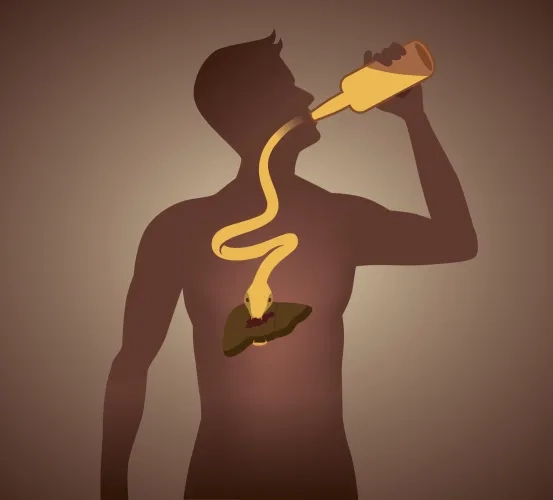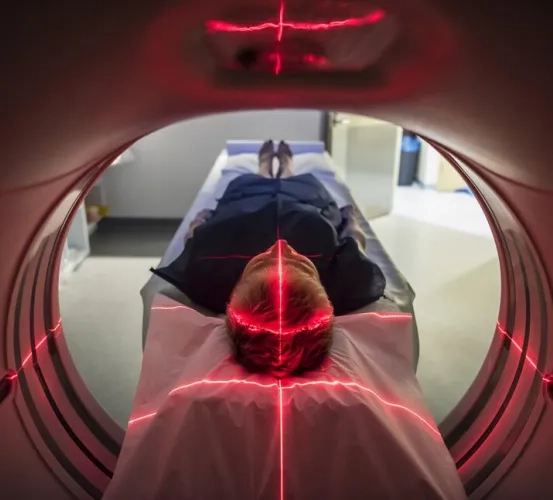
Urinary Vitamin C Loss in Diabetic Subjects

The NIH Lyme Disease Studies Unit is looking for healthy volunteers
Each year, the number of cases of tick-borne diseases increases. Researchers at the National Institutes of Health (NIH) Lyme Disease Studies Unit is looking for healthy volunteers to participate in a research study to learn more about how the human immune system responds to tick bites.

Dive into How Processed Foods Affect Your Health!
Diets worldwide include both processed and unprocessed foods. Researchers at the National Institutes of Health (NIH) in Bethesda, Maryland seek adult volunteers between 18-60 years old to participate in a study examining how processed and unprocessed foods affect metabolic health. Participants will be required to remain at the NIH Clinical Center for one 4-week stay and eat only the foods provided.

Do you or someone you know want to participate in a clinical research study?

Are You Drinking Too Much? Join NIH Research!


